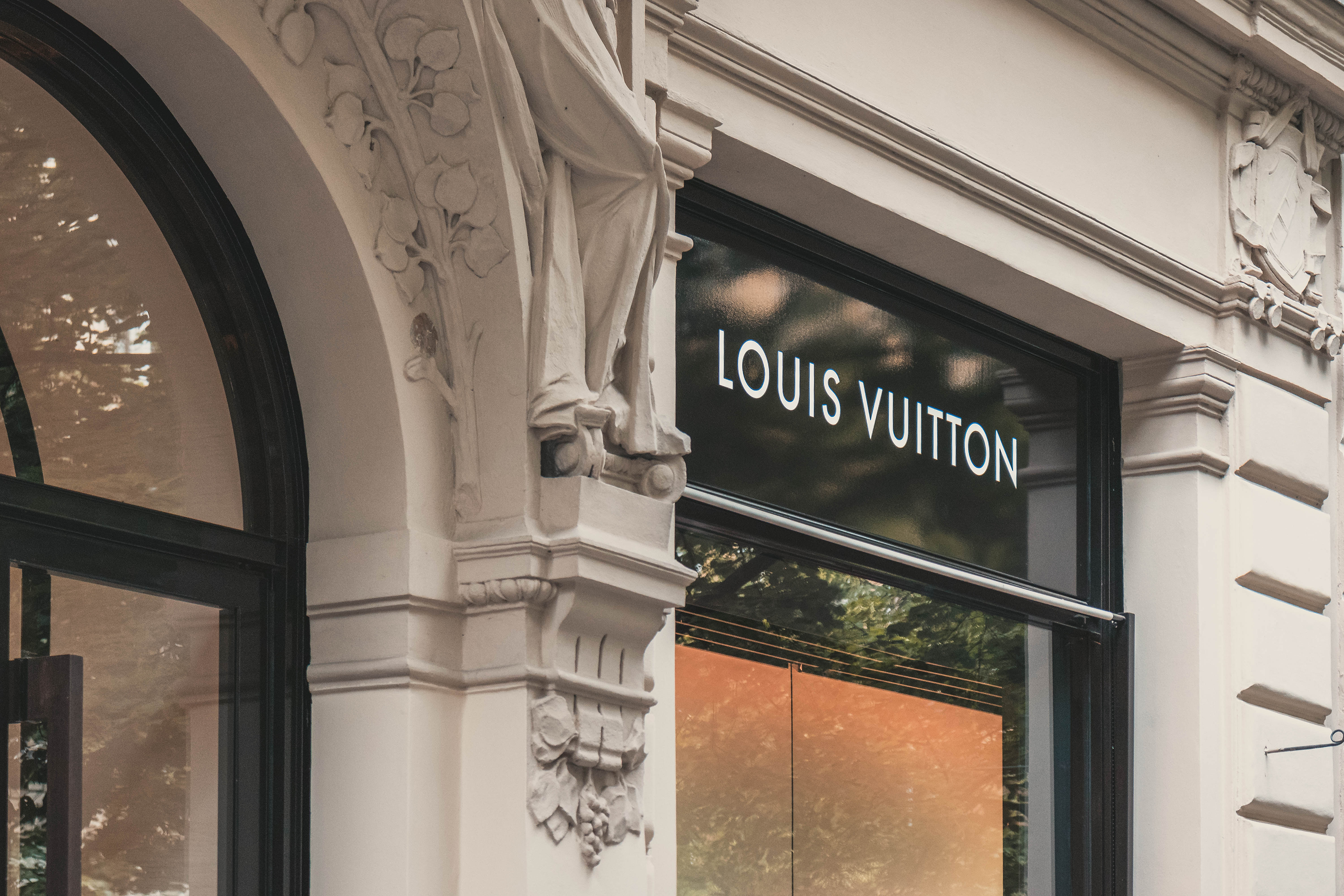Luxury Stores Are Bucking the Commercial Property Downturn
High interest rates across the US and Europe have hurt commercial property values, but not when luxury retail is involved.

What are the three most important words in commercial real estate today? Luxury, luxury, luxury.
While high interest rates across the US and Europe have hurt commercial property values, real estate attached to luxury brands has skirted the trend. It turns out that supply and demand can still trump the onerousness of rates at nearly 17-year highs.
Exclusive, Expensive Club
High interest rates can be a real burden for consumers, which is the idea: The goal is to slow an economy whose growth is stoking inflation. That includes making it less attractive to bid up commercial real estate prices. And that’s exactly what’s happening: US commercial property prices are down about 21% from their March 2022 peak when the Federal Reserve started hiking interest rates, according to Green Street. In Europe, they’re down 24%.
However, it’s a different story when you’re talking about New York’s Fifth Avenue or Milan’s Via Montenapoleone, homes to the likes of Gucci, Prada, Hermès, and more:
- According to the Wall Street Journal, Cartier’s Swiss parent company recently bought a property on London’s Bond Street at a 2.2% rent yield (the cash generated as a proportion of purchase price.) Normally, the Bank of England’s rate of 5.25% would make debt financing unattractive.
- But the luxury-store landscape is still as exclusive as a pair of Louis Vuitton trainers, which will set you back about $1,200. Bond Street, Fifth Avenue, and Beverly Hills’ Rodeo Drive have only so many buildings fancy enough for luxury brands to want to set up shop. As a result, luxury retailers have spent more than $9 billion buying boutiques since the start of 2023, the WSJ said.
These Stores Sell Themselves: The highly competitive market has led to some solid wins for real estate owners and private equity firms. Blackstone, the world’s largest asset manager, doesn’t often deal in retail property. However, after buying a portfolio of 14 locations on Via Montenapoleone in 2021 for $1.2 billion, it managed to sell just one of the properties to Kering last month for $1.4 billion. Meanwhile, office building owners are green with envy.

No comments:
Post a Comment